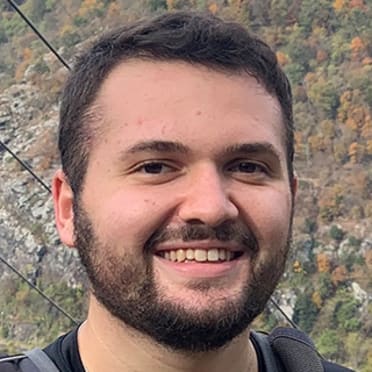Decision time: Turner, 2 others up for arb
WASHINGTON -- The Nationals have been a busy bunch since the turn of the new year, and things are not bound to get quiet any time soon.
Already having agreed to one-year deals with reliever Hunter Strickland and infielder Wilmer Difo to avoid arbitration -- on top of signing a slew of free agents over the past two months -- Washington has three more players on its roster it needs to come to terms with: Trea Turner, Roenis Elias and Joe Ross.
Michael A. Taylor was also eligible for arbitration, but the outfielder settled with the club on Thursday for $3.325 million plus a $25,000 bonus if he hits 300 plate appearances, sources told MLB.com's Mark Feinsand. That number is a slight raise over the $3.25 million Taylor made in 2019, when he went to arbitration with the Nationals and lost. He had been asking for $3.5 million.
The rest will be decided in the coming weeks, either by presenting cases to an independent panel of arbitrators in February or agreeing to a deal to avoid the process as a whole.
Here’s a rundown of what that process may look like, what the aforementioned names may earn and more:
What is arbitration?
Players with more than three but fewer than six years of service time are eligible for arbitration if they have not agreed to a contract for the upcoming season. Contracts are meant to be negotiated based on contracts signed by comparable players around the Majors. That means players entering their second year of arbitration can only be measured against contracts for similarly regarded players when they were also in their second year of arbitration.
Friday is the deadline for players and clubs to submit their salary requests for the 2020 season. If the two sides cannot come to an agreement -- either to a one-year deal or a multiyear deal -- hearings in front of a panel of independent arbitrators will take place over the course of Feb. 3-21, and one of the sides’ figures must be decided upon -- no in between.
In most instances, cases are resolved before an official ruling from arbitrators.
Colorado’s Nolan Arenado set the record by being awarded with a $26 million salary following last year’s arbitration process, though Boston’s Mookie Betts could very well break the record again this offseason.
What are the arbitration-eligible Nats expected to make?
Trea Turner: $8 million (second-year eligible)
Roenis Elias: $2 million (second year)
Joe Ross: $1.25 million (second year)
(All numbers per Cot’s Contracts analysis.)
How do those numbers sound in context?
Among MLB shortstops, that ranks eighth -- almost two full wins ahead of Didi Gregorious, who signed a contract with Philadelphia worth just under double the amount Turner is projected to earn in 2020. Comparing Turner alongside other second-year arbitration-eligible shortstops, he’s projected to make $3 million less than Colorado’s Trevor Story and $2 million less than Chicago’s Javier Baéz, according to Cot’s. Turner is also a Super Two player, which makes his case a tad more specific.
Other than Turner, the Nationals’ arbitration-eligible players are expected to play more ancillary roles in 2020 -- Taylor for outfield depth, Roenis Elías as a middle-relief arm and Joe Ross as either the fifth starter or bullpen long man. None of these salaries is expected to seriously throw off the remainder of Washington’s financial offseason, which is and has been centered around Josh Donaldson.
How likely is it that arbiters get involved?
While an arbitration settlement is not the norm across the board, the Nationals went through the full process twice last offseason. Arbitrators sided with the club in the cases of both Kyle Barraclough and Taylor. But that was the first time the Nationals couldn’t independently agree with a player since before the 2015 season.
It’s really a case-by-case basis. The Nationals could go through the full process with all three players or agree to terms at any point before a potential ruling.
No matter which avenue(s) the club and players select, the Nationals still have offseason needs they need to address. Finalizing numbers with this quartet of players is just one step in Washington's goal of a World Series defense.
